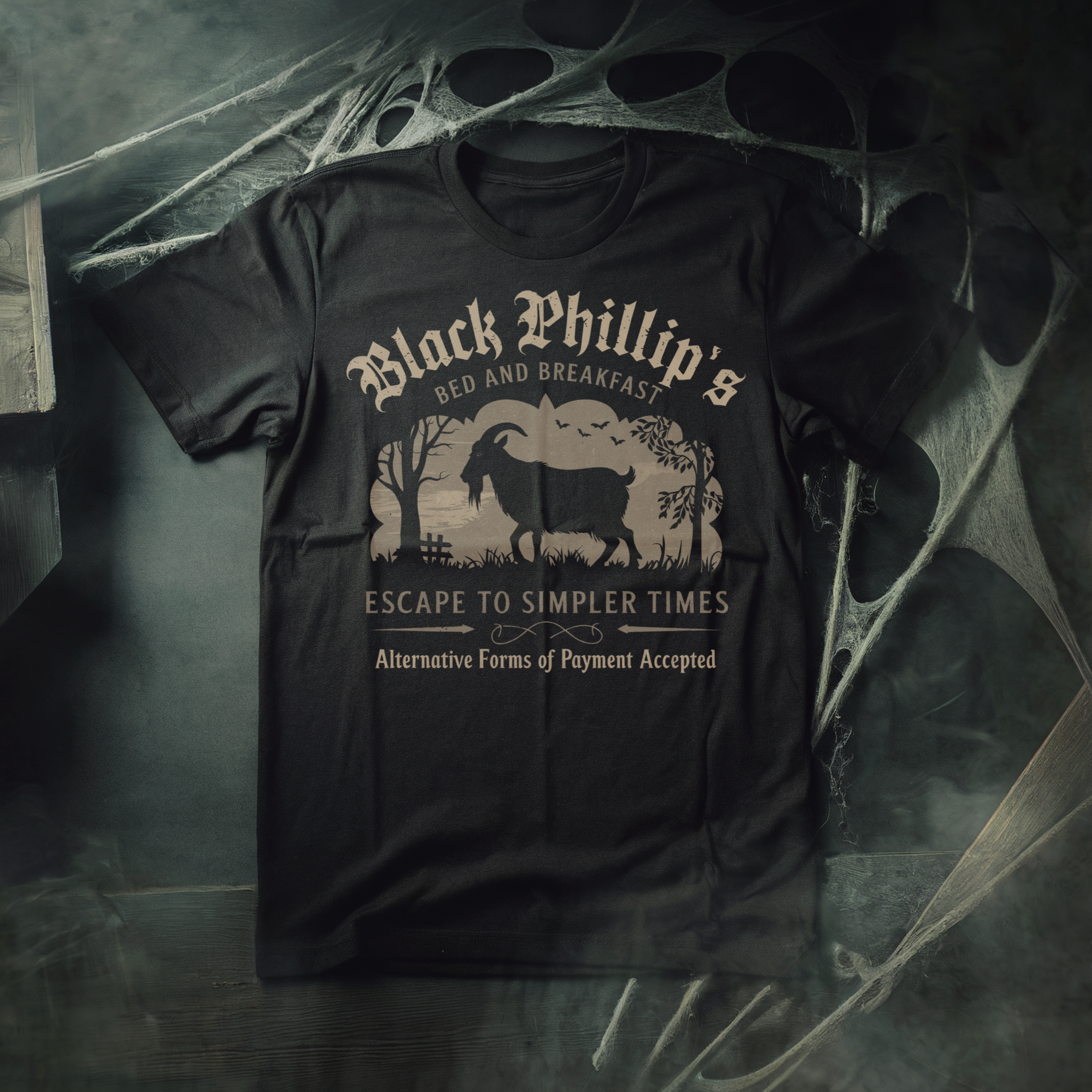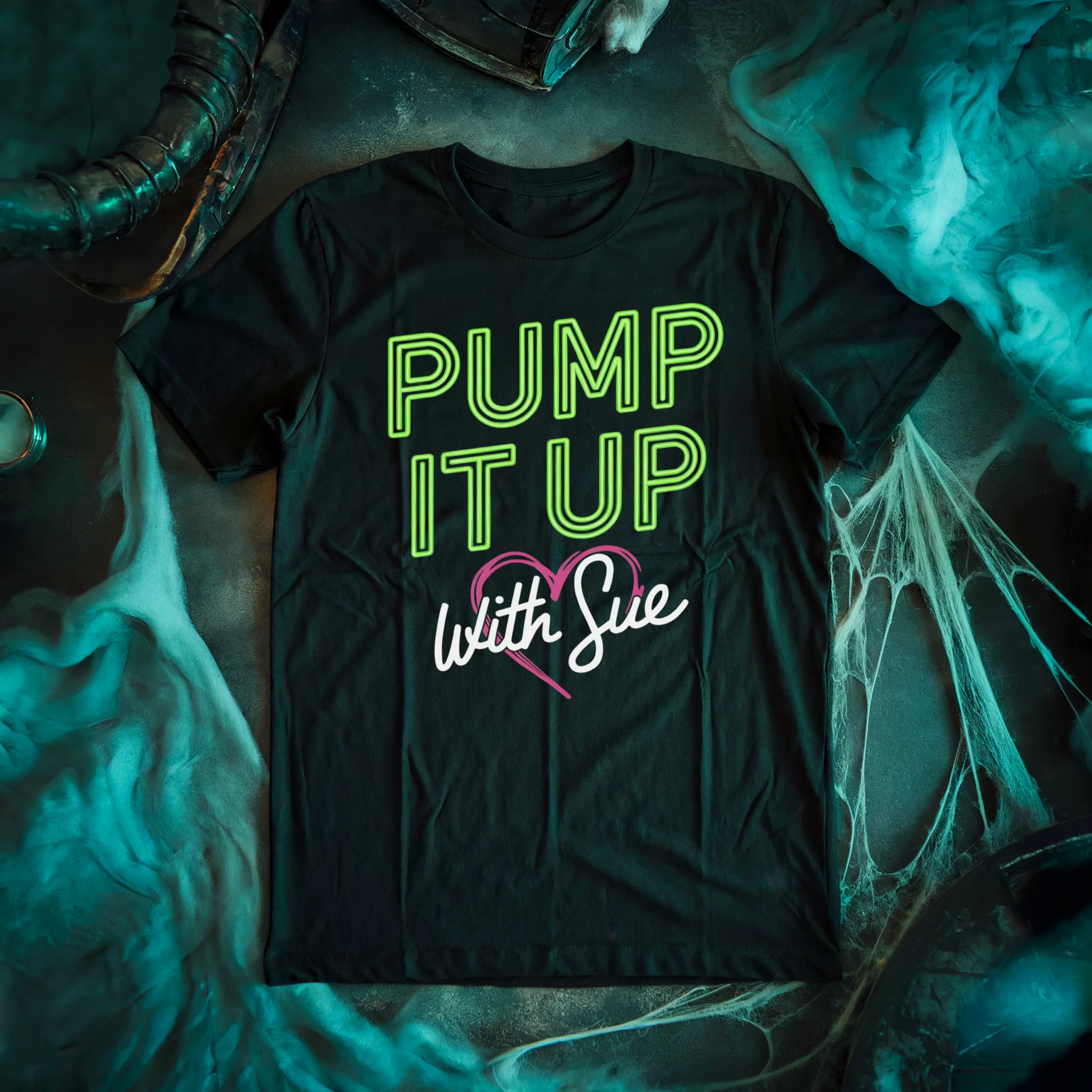Canada’s national treasure of indie genre cinema, Bruce McDonald, returns with a dark and dreamy oeuvre titled Dreamland. Those who were enthralled with his 2008 zombie invasion film Pontypool will be pleased to see McDonald reunite with writer Tony Burgess and lead actor Stephen McHattie to craft a world of crime, corruption and casual death.
A nameless hitman (Stephen McHattie) is charged by his crime boss Hercules (Henry Rollins, He Never Died) to cut off the right pinky finger of a famous trumpet player, simply referred to as the Maestro (also played by McHattie). Taking his right pinky would not impede the Maestro from playing the trumpet, but it would be enough to send a message to never cross Hercules. Although very talented, the Maestro has a classic jazzman’s vice: black tar heroin. To feed his addiction, the Maestro throws his morals to the side, performing at events for powerful and nefarious individuals, such as the Countess (played by Juliette Lewis of Natural Born Killers and so many others).
But the hitman does not approve of Hercules’ recent business venture: sex trafficking underage girls. Feeling it’s about time to retire from being a hired gun, the hitman plans to betray Hercules and save a 14-year-old girl from being married off to the Countess’ creepy vampiric brother (Tómas Lemarquis of X-Men: Apocalypse and Snowpiercer).
“Slip away into this drug trip and enjoy the violent hallucinations that unfold before your eyes.”
With a title like Dreamland, it’s understood from the beginning that strangeness is expected, and that logic doesn’t necessarily apply. That being said, there is one major supernatural plot point that I’m still trying to wrap my head around, though I know it’s futile to try and make sense of it. There are elements in this film that give off heavy David Lynch vibes, especially the scenes set in dimly-lit smoke-filled bars with slow dissonant jazz playing in the background.
There isn’t much difference in the appearance of both Stephen McHattie characters; they both sport goatees and have the same world-weary look on their face. The only difference is one character wears a wig and the other doesn’t. Although the hitman and the jazzman often appear in the same room together, no one seems to remark on how similar they look. What sets them apart is McHattie’s acting approach to each character. For example, the Maestro tends to mumble and speak in a faded manner, his mind burned out from years of drug use. The hitman remains stoic, yet is wracked with guilt for having a hand in his boss’s sex slavery operation. Watching McHattie interact with himself is observing a veteran actor flexing his chops.
Henry Rollins provides the comic relief to this gritty backdrop, especially his dynamic with the Vampire. Hercules freezes up with silent fear in the Vampire’s presence, not wanting to find out what would happen if he were to get on the wrong side of the Nosferatu-esque being. I’m not sure if my familiarity with Rollins’ punk rock career was detrimental to my viewing experience. All I know is that Rollins’ hulking body looked out of place in a tuxedo. Hercules frequently knocks back liquor bottles in stressful moments, but even that felt unusual, since I know Rollins has no interest in alcohol. But he masterfully portrayed a villain who pretends to be courteous to his business partners, but will then turn around and order their assassination once they leave the room.
Without giving too much away, the final action sequence is an absolute thrill ride. It’s chaotic, uproariously funny, and aesthetically stimulating, with lots of blood red spraying against pristine white, while the Maestro carelessly croons over the carnage.
From the handful of Bruce McDonald movies I’ve seen, they all have a feeling of being quintessentially Canadian. However, I didn’t seem to taste the maple syrup in this flick. The setting can very well apply to any crime-infested metropolis with a massive divide between the poor and wealthy. Going into this movie, I hungered for a morsel of punk rock, in both sound and attitude, considering the presence of Rollins and the director of Hard Core Logo. But, if anything, this offered a more mature degustation; it throws away the adolescent angst in favor of avant-garde experimentation, and was just as satisfying.
“…a jazzy, character-driven experience, that will have you walking out of the theatre as if you woke from a powerful dream”
I must compliment McDonald on his world-building ability. The criminal underworld of Dreamland reminds me of John Wick, with its cast of strange characters, its crime families and its street gangs—one being a gang of boys no older than ten-years-old, all of them in suits and packing heat. It’s a bleak landscape that’s corrosive to the young and innocent. Those who wish to escape will have to catch a couple bullets in the process.
Like a Lynch film, there’s no use in trying to find the symbolism in the strange moments of Dreamland. Stop trying to make sense of everything. Just. Be. Cool. Slip away into this drug trip and enjoy the violent hallucinations that unfold before your eyes. It’s a jazzy, character-driven experience, that will have you walking out of the theatre as if you woke from a powerful dream.
Dreamland had its North American premiere on Sunday, July 14th at the 2019 Fantasia Film Festival Thursday, July 11 as the opening film for the Fantasia Underground program. The Fantasia Film Festival runs until August 1, 2019 in beautiful Montreal, Canada. Click HERE to check out all of our continued coverage of the festival, and be sure to follow us on Twitter, Instagram, and Facebook to see silly photos, immediate film reactions, and the occasional photo of lunch.








